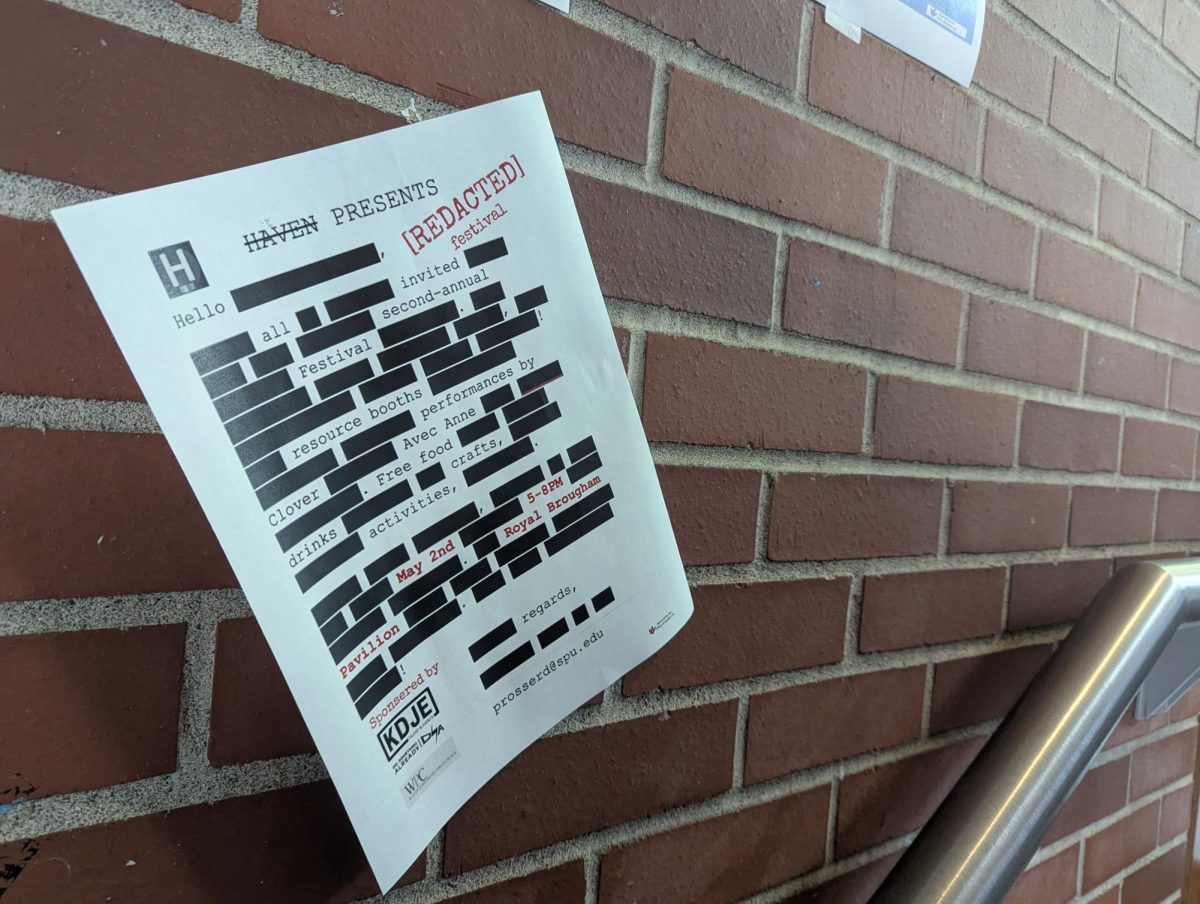★★★☆☆ (3 Stars)
Cord Jefferson’s directorial debut, “American Fiction” — adapted from Percival Everett’s novel, Erasure — satirizes a literary world that seeks out black voices while constraining the limits of their stories. The film brings you into a world in which everyone seems aware of the contradictions they perpetrate.
“American Fiction” snuck up on audiences, receiving five Oscar nominations following a fairly modest award season, with significantly fewer wins than its counterparts. With the Oscar’s reputation for casting off comedies, “American Fiction” finding itself in the running for Best Picture was not something to be expected.
The film follows Thelonious “Monk” Ellison, a frustrated novelist and college professor. Fed up with the narrow portrayals of black stories that white publishers seek out, he adapts a pen name and writes a novel formed around the tropes he disdains. Taking on the persona of Stagg R. Leigh, a wanted fugitive, Monk finds difficulty in navigating the popularity of his novel which was intended to be a joke. All the while he deals with the complexities of his family life, one much different than the characters he writes of.
Jeffrey Wright and Sterling K. Brown are up for Best Actor in a Leading Role and Best Supporting Actor for their respective roles – well-deserved praise for beautifully subtle performances. Dramatic satires can often be plagued by over-the-top performances that drive out all meaning, but the cast carefully handles the film’s dark humor. While the film is a strong character-led story, it does not shy away from allowing the incredible ensemble to shine.
“American Fiction” is more well constructed as a character study within a family drama, rather than as a commentary piece. Monk’s character is fascinating, yet as the main character, the inner workings of his mind are kept in the shadows. If there was more of a central focus on the roots of his motivations, the audience’s point of view would have connected the themes with a stronger purpose.
The film bounces between the storyline focused on Monk’s venture into Stagg R. Leigh’s fame and the story focused on his unrelated familial troubles. The critiques on the literary world are made less striking by the back and forth, and the takeaways are made less prevalent when immediately transitioned away.
Aside from the bookends, focused on a writer’s struggle, the story is drawn more to exploring the family structure. While both plotlines are interesting and worthy of screen time, there was an off-center balance between the two.
Erica Alexander, playing Monk’s new girlfriend whom he meets after traveling back to his childhood home, performed with some real unexplored depth. If the two narratives had been more controlled, her performance would have gained a lot more traction.
Visually, the movie was less “in your face” than the average Oscar-nodded drama, the film is comfortable in medium close-ups and single-shot frames. Nonetheless, it was beautifully shot and a reminder that not everything has to be experimental to be worthwhile. The score, done by Laura Karpman gracefully elevates the emotional undertone of the film’s closed-off serious lead.
Where this movie soars is in being a comedy. The jokes come at you harshly, they interrupt meaningful moments and hit you with a level of audacity that exposes the reality of how ridiculous white ignorance is. Many modern comedies rely on big laughs in the occasional scene, but this movie remains consistently funny throughout. It is no simple task to masterfully blend the drama and comedy genres, this one does it in a classy, intelligent way.
The movie was good, but nothing that had not been seen before. Frankly, other films have done this story and done it better. The filmmakers clearly have something bold to say but need to be more daring to make their full argument. The conversation seems incomplete — which is not entirely dismissive of the point — but further exemplifies that the film has nothing new to say.
If the aim was to spark conversation in a new generation, they should have taken a page from the exploitation films that came before. To successfully shock audiences in hopes of making them turn a reflective eye, the focus should remain central and unafraid of really offending.
Several moments in the film create space for the shock factor but opt to go no further. During a key moment in the film, Monk goes toe-to-toe with Sintara Golden (Issa Rae) the author whose newly praised novel “We’s Lives in Da Ghetto” inspires Monk’s initial frustration. As they argue the validity of trading dignity for what a publisher wants to see, a white woman enters the room and the scene is quickly over just as it has begun. This could be realistic, but in a movie that is exploring those very concepts, it feels like a cop-out.
“American Fiction” is a product of its time, and in that regard, it will not stay as timeless as the story it seeks to tell. Eventually, when the after-effects of the 2020 Black Lives Matter-inspired readings of “Me and White Supremacy” and “So You Want to Talk About Race” are not lingering in the general subconscious, this movie will not strike a nerve.


















































































